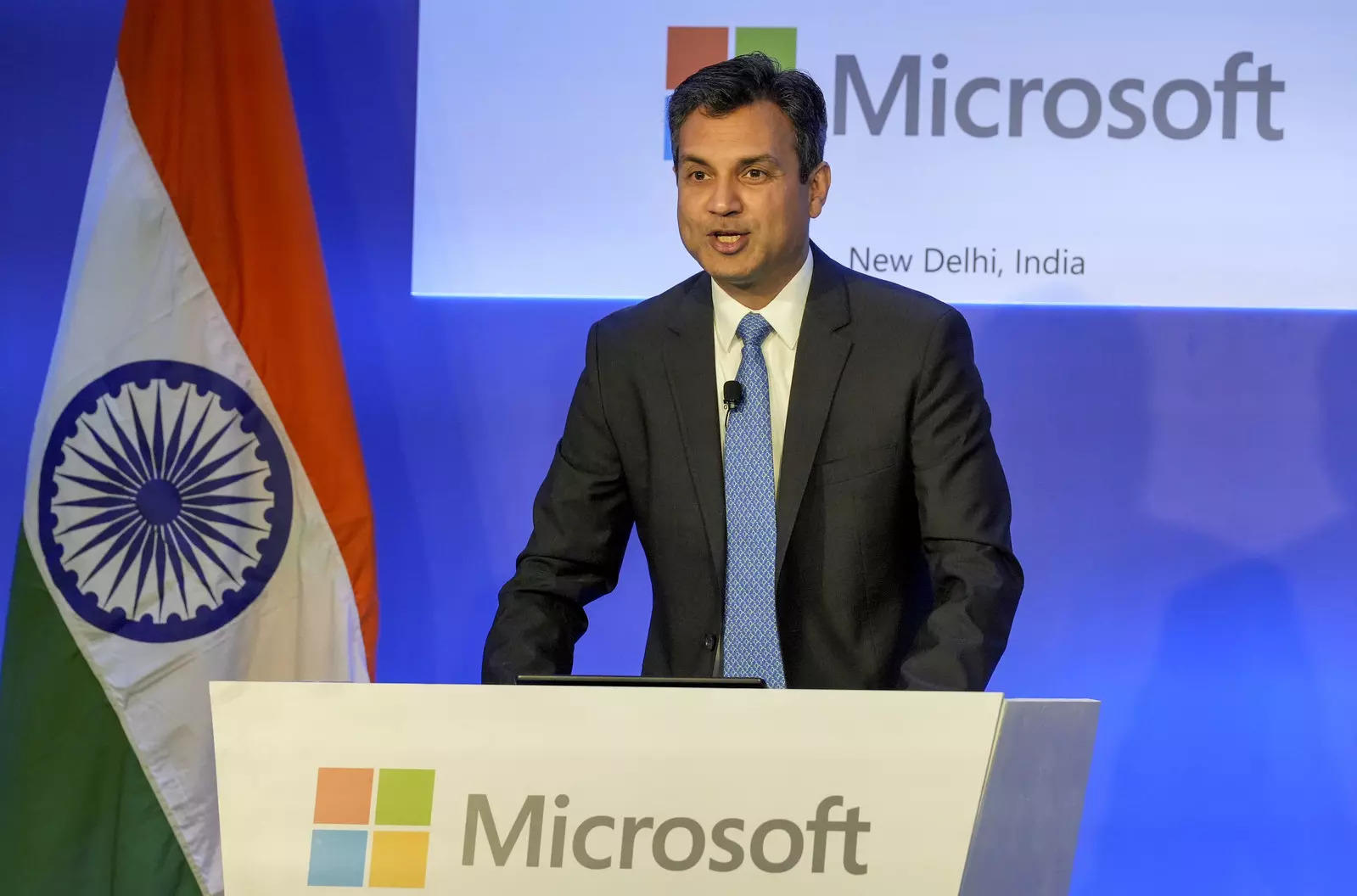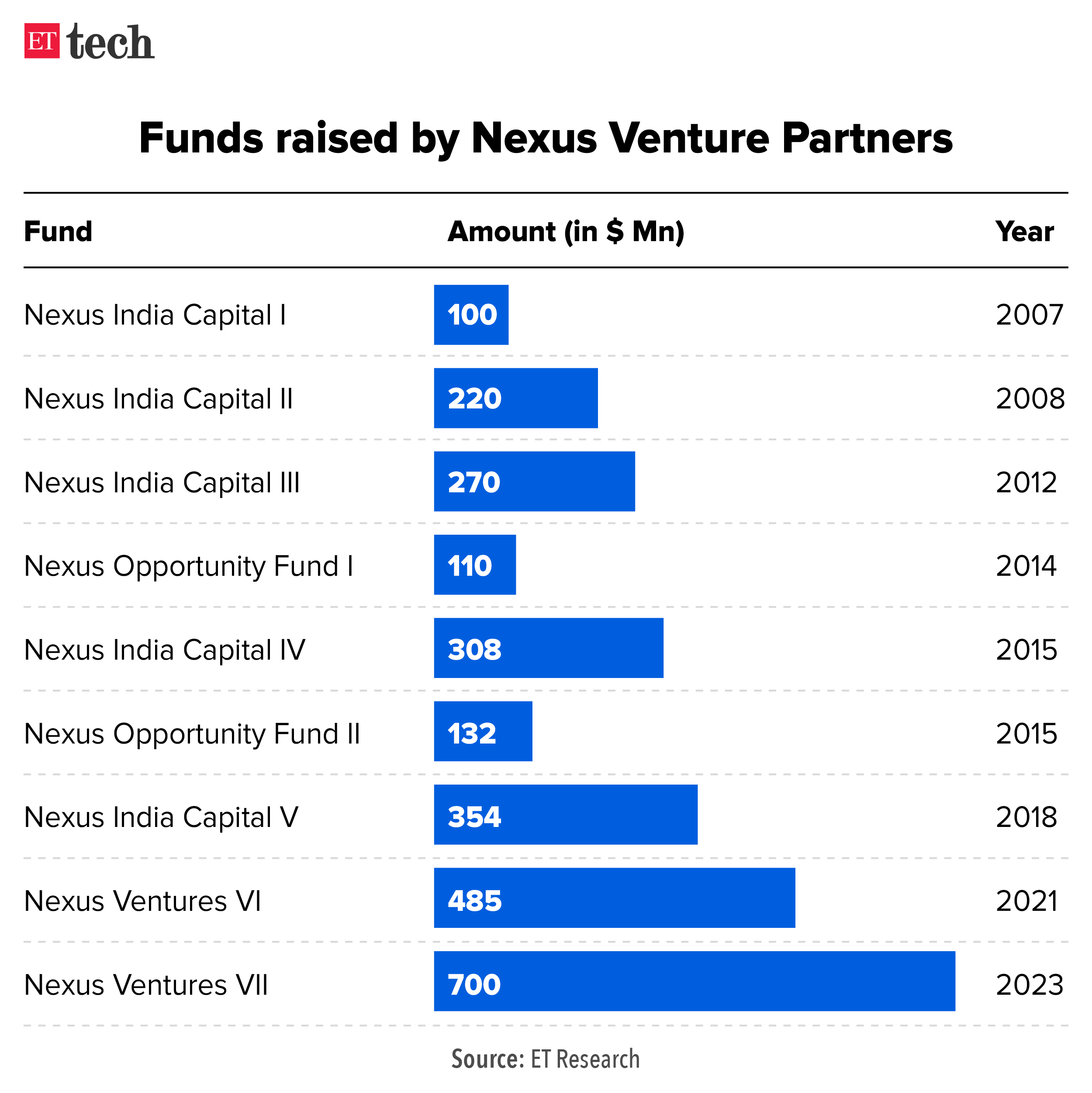Also in this letter:
■ IT employees should return to physical offices: Rishad Premji
■ SoftBank sells shares worth Rs 954 crore in Delhivery
■ Tech spending is a mixed bag: Microsoft’s Anant Maheshwari
Bike taxi ban: Ecommerce deliveries facing significant disruptions in Delhi
Hi, this is Pranav Mukul in New Delhi. Today my colleague Ratna Bhushan and I have a story on how delivery personnel for online platforms are being pulled up by Delhi police, reminding us of the Covid-led lockdown days three years ago when ecommerce and food-delivery staff were being harassed by the cops.
The action: E-commerce and food delivery executives are being penalised amid confusion, following the Delhi government’s recent order banning use of two-wheelers as taxis. Food delivery and quick-commerce platform Swiggy said that their delivery partners are being issued challans (an official document issued to a motor vehicle driver who violates traffic rules) despite the government notification being applicable only for bike taxi service providers.
The reaction: In a letter to the Delhi transport department, Swiggy wrote that the “disruption” and “confusion” among delivery partners has led to apprehension” of providing their services with fear of being penalised and harassed while on duty.” Saurabh Khanijo, managing director of the Kylin chain of restaurants said that a significant part of its business came from deliveries and lack of clarity in such notifications was “disruptive to business”.
The original notice: In a public notice last week, the Delhi government warned bike taxi operators such as Rapido, Ola and Uber to not ply on Delhi roads as it violates motor vehicle laws. It added that these companies could be fined up to Rs 1 lakh, as the use of bikes for commercial purposes violated the Motor Vehicles Act, 1988.
IT employees should return to physical offices: Rishad Premji

Wipro’s chairman Rishad Premji believes that Indian IT companies, despite having a hybrid work setup, should eventually bring employees back to physical office spaces to promote a sense of connectedness among them and with the organisation.
Why doesn’t the virtual model work? According to Premji, the virtual model worked three years ago when most of the employees at tech companies knew each other personally. But now, since 40-60% of people in IT organisations are new and they never walk into an office or they never build a relationship with co-workers physically.
Quote unquote: “I deeply believe the future of work is hybrid which means people should have the flexibility to work from home, but people should also be coming into organisations,” said Premji at Nasscom Technology and Leadership Summit 2023.
Catch up quick: Wipro, in September last year, had fired 300 employees for moonlighting. The Wipro chairman was one of the first top IT executives to have raised concerns about the issue of moonlighting. Wipro’s decision sparked a debate about the moral authenticity of moonlighting. It also forced IT companies to rethink their policies on the issue.
Experts had said that the issue of moonlighting could be eased through the gradual return of employees to the office.
Tech spending is a mixed bag: Microsoft India president Anant Maheshwari

Microsoft India president, Anant Maheshwari, in an exclusive interview with ET, said that due to inflationary and geopolitical issues on a global level, technology spending is showing mixed results, which is also affecting India.
Green shoots: He said that since India did not have a large existing footprint for companies, several firms at an early stage are cranking up investments and the Indian market has seen benefits from this demand. “The India context is no different from the global context. In India, previously there were not that many large existing footprints; therefore, they are increasing their investments faster. So, as a geography, in India, you’re still having a lot more green shoots,” he added.
Microsoft’s AI integration: According to Maheshwari, Microsoft has started integrating solutions for its clients in India with generative AI such as ChatGPT. He said industries such as manufacturing, financial industry, and risk-modeling for insurers are all areas where generative AI can be potentially used. Microsoft is one of the major backers of OpenAI and has recently committed to invest $10 billion into the company. The company has already integrated OpenAI’s ChatGPT generative AI solution into its search engine Bing.
Tech industry revenue set to reach $245 billion in FY2023E’: The country’s technology industry is expected to grow double digits in constant currency terms in FY2023E, industry body Nasscom revealed on Wednesday.
Tweet of the day
SoftBank sells shares worth Rs 954 crore in Delhivery

SoftBank has sold 3.85% or 2.8 crore shares worth Rs 954 crore in Gurgaon- based logistics firm Delhivery through bulk deals on Wednesday. Shares were sold at Rs 340.80 apiece.
Details: SoftBank is the largest public stakeholder in the logistics company, holding an 18.42% stake as of December 31, 2022, through its entity SVF Doorbell (Cayman) Ltd. Softbank acquired over 22% stake in the company in October 2018.
Nexus Venture Partners closes its largest ever fund at $700 mn: Nexus Venture Partners said on Wednesday that it had closed its largest fund at $700 million. The venture capital (VC) firm has backed Delhivery, Unacademy, Zepto, and Rapido, and software unicorns such as Postman, Druva, and Hasura. Nexus Ventures VII will continue to focus on segments such as artificial intelligence, SaaS, fintech and commerce, it said in a blog post.

B Capital earmarks $500 million for maiden healthcare fund: Los Angeles-based venture investments firm B Capital has allocated $500 million to launch a new fund that hunts for opportunities in the healthcare sector. The B Capital Healthcare Fund I kicked off when Dr Robert Mittendorff joined B Capital as General Partner in April 2021 to lead the fund and its broader healthcare initiatives globally, according to a statement. The fund’s healthcare team is focused on deploying capital to category-defining companies that are building breakthrough products and solutions shaping the future of healthcare, it added.
ET Ecommerce Index
We’ve launched three indices – ET Ecommerce, ET Ecommerce Profitable, and ET Ecommerce Non-Profitable – to track the performance of recently listed tech firms. Here’s how they’ve fared so far.
WhatsApp banned 2.9 million accounts in India in January

Meta-owned messaging platform WhatsApp, which has nearly 500 million users in India, on Wednesday said it banned more than 2.9 million accounts in India in January, which is much lower in comparison to the 3.6 million accounts it blocked in December, 2022.
2,918,000 accounts banned: Between January 1 and January 31, “2,918,000 WhatsApp accounts were banned. 1,038,000 of these accounts were proactively banned, before any reports from users,” the company said in its monthly compliance report. The company said it received around 1,461 grievance reports in January and “actioned” 195 of those complaints.
Quote unquote: “This report contains details of the user complaints received and the corresponding action taken by WhatsApp, as well as WhatsApp’s own preventive actions to combat abuse on our platform,” a WhatsApp Spokesperson said.
GAC: WhatsApp’s user safety report comes at a time when the Minister of State for Electronics and IT, Rajeev Chandrasekhar, on Tuesday launched the Grievance Appellate Committee (GAC) that will look into their concerns regarding content and other issues.
Other Top Stories By Our Reporters

Proptech startup NoBroker raises $5 million from Google at $1 billion valuation: NoBroker, a prop-tech real estate startup, has raised $5 million in funding from Google to expand its services business NoBrokerhood. The investment is an extension of its previous round at $1 billion valuation. The capital has come from Google for India Digitization fund announced by Sundar Pichai in 2020.
EV cab company Evera raises $7 million: Delhi-based all-electric cab service company Evera said it has raised $7 million from investors led by Germany’s IEG Investment Banking Group. Direct Capital, a subsidiary of Thailand’s Devonshire Capital, and Singapore’s Westova Capital were the other investors in the funding round.
Blinkit may launch at-home services: Zomato-owned Blinkit plans to go head-to-head with its rival Urban Company, a segment leader, by making carpenters, plumbers, electricians and other service partners at home available.
Global Picks We Are Reading
■ I asked an algorithm to optimize my life. Here’s what happened (Wired)
■ I don’t want to log in to your website (The Verge)
■ What it would take for Apple to disentangle itself from China (Financial Times)
























